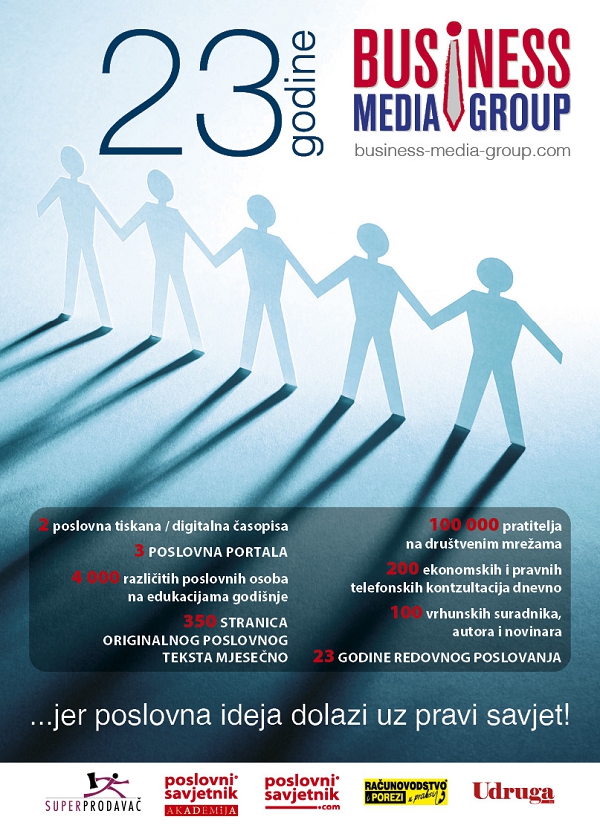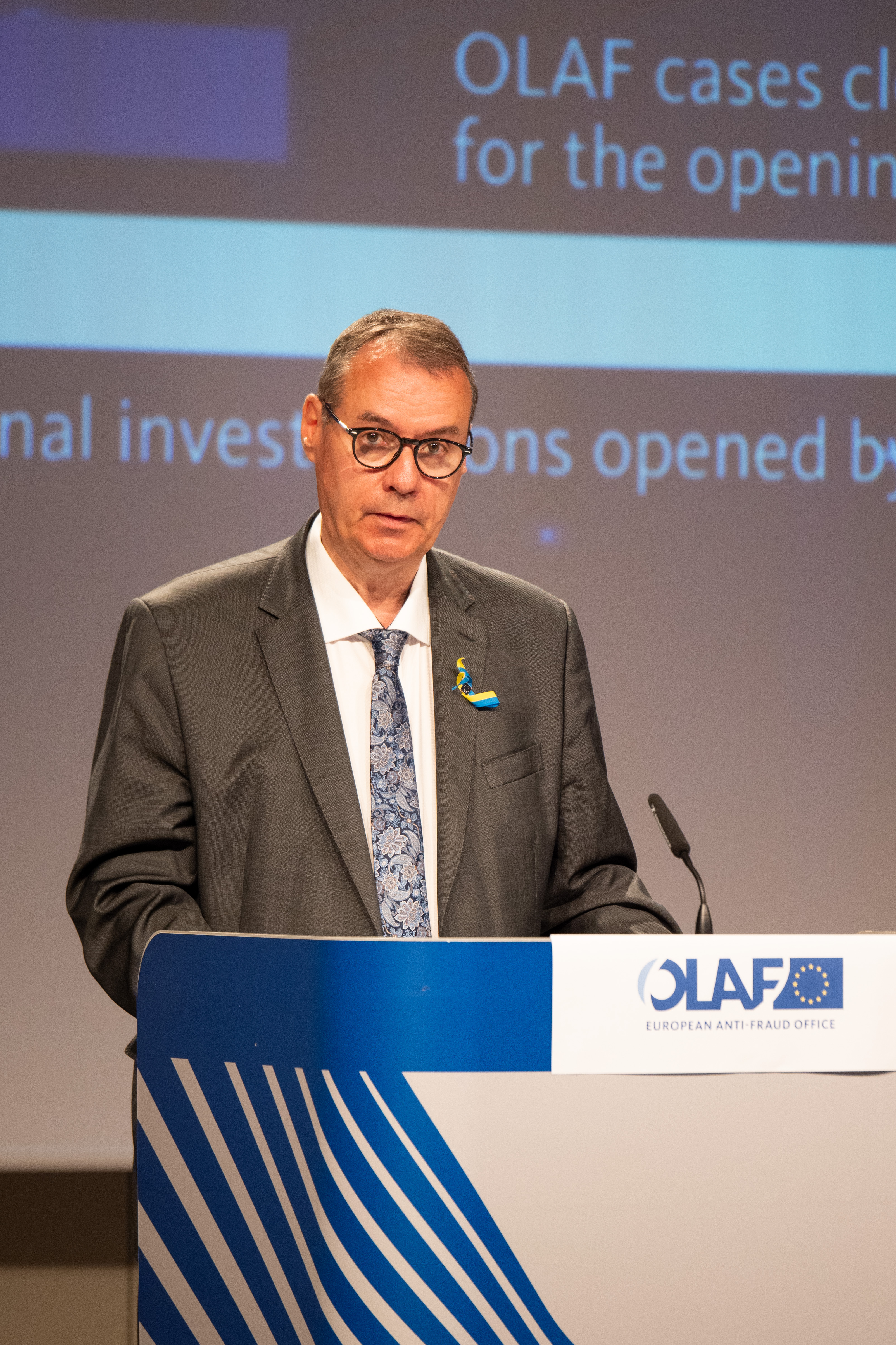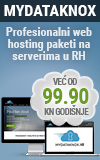Ville Itälä, OLAF: For the “green transition” the EU has provided the biggest money ever-720 billion eur. We will keep a special eye on it!
Even the most hardened Eurosceptics in Croatia certainly support the European body that was created to investigate fraud related to the EU budget and corruption. Especially if they come from a European country such as Croatia where corruption is institutionalized. That is why it is our honor to talk about a problem that is particularly prominent in Croatia with the general director of OLAF, Ville Itälä, for the business editions of Business Media Group, Udruga.hr and Poslovni savjetnik.
You come from Finland, a country where even the slightest corruption is severely punished. In addition, there is a high level of political responsibility, so politicians are even resigning due to the failure of a reform, let alone spending taxpayers' money on personal belongings. How did Finland manage that?
That is a question that would probably best be answered by my colleagues in Finland. As a Director-General of the European Anti-Fraud Office, I am just as proud to be serving all citizens of the European Union as I was when I was serving the citizens of Finland at the beginning of my career. Each country in the EU has its own specificities, but OLAF works very closely with each and every one of them to protect the EU’s budget from fraud. Taxpayers from all over the EU have the right to demand that every cent of their money is spent exactly the way it should.
What should change in Croatia to create such a high degree of political responsibility and high responsibility in performing state and public functions - which in my opinion is a prerequisite for reducing corruption in state and public services?
It would be beyond my role to lecture anybody. OLAF’s role is very concrete: we detect and investigate fraud, prepare policies to prevent and fight fraud, work with national authorities to ensure our investigations are as effective as possible and that they are translated into action, support the Member States in their anti-fraud efforts as required and needed.
OLAF has existed since the beginning of the 21st century. What would you single out as his greatest successes so far?
We are even one year older than that! OLAF began its operations in 1999. The past 23 years have been very busy: we have uncovered fraud against EU funds for billions of euro; we have stopped contraband and fake goods of all kinds, from cigarettes and sports shoes to dangerous toys or illicit pesticides and gases; we have helped maintain the highest standards of public service in the EU’s institutions by investigating cases of misconduct there.
I must say that I am particularly proud of the network that OLAF has been able to build throughout these years. We have agreements and relations with local, national and international authorities, organisations, private and public operators all across the world. Teamwork is a key word for us, and connecting the dots across borders in the EU and in the entire world is exactly where we can help solve complex transnational cases of fraud. That way fraudsters cannot hide behind borders or take advantage of gaps and differences between national systems.
But if I may give a number for our achievements, I would mention that since 2010 only, OLAF recommended over 8 billion euro to be recovered from fraudsters.
OLAF develops anti-fraud policy for the European Commission. What are the current guidelines for this policy?
Indeed, OLAF does not only carry out investigations; it is also the lead service in the European Commission when it comes to developing EU anti-fraud policies. This includes the European Commission’s Anti-Fraud Strategy (or CAFS, one of the many acronyms of the anti-fraud world). We must always keep up to speed with new risks, technologies, fraud patterns, to ensure that the EU budget ends up supporting projects that improve the wellbeing and future of Europeans, not in the pocket of fraudsters. Moreover, when fraudsters succeed, they call the integrity of EU action into question and undermine the public’s trust in the EU’s work. Overall, the aim is to keep improving how we prevent, detect, investigate and sanction fraud. The current CAFS has two main objectives, or two points that it wants to strengthen: the Commission’s capabilities in collecting and analysing fraud data, and the cooperation, coordination and processes within the Commission when it comes to fighting fraud. The CAFS is accompanied by an action plan which covers topics such as integrity and compliance; know-how and equipment; transparency of EU funding; fighting revenue fraud. As the implementation of the current action plan is nearly completed, OLAF is currently considering together with other Commission services the next steps and a revision of the action plan.

OLAF employs hundreds of experts - from investigators to veterinarians - in order to create as much coverage as possible in detecting fraud, from toxic substances in toys to toxic disinfectants on the market, which was a recent case in 2020 140,000 liters were withdrawn from the EU market last year. In the coronavirus pandemic you discovered millions of defective anti-corona products, where were the biggest challenges?
The pandemic took the entire world by surprise. We all suddenly found ourselves in a situation of emergency, confined in our homes, in a dire lack of basic protection equipment such as face masks or hand sanitiser.
On the one hand, OLAF’s investigators had to face health and travel restrictions. We had to find new ways of working and obtaining the evidence needed for our cases. When there were no efficient alternatives to travelling, our investigators had to circumvent many difficulties to be able to perform on-the-spot checks and inspections.
I was very impressed by the adaptability and ingenuity of OLAF staff during the pandemic. Our results for 2020 and 2021 show that they overcame the challenge and continued to protect the taxpayers’ money, the health and safety of EU citizens from fraudsters despite all the difficulties linked to COVID-19.
On the other hand, fraudsters are always on the lookout for new opportunities. We already knew what to expect when goods such as face masks became a rare and yet very demanded commodity.
OLAF identified more than 1,250 suspicious companies acting as intermediaries or traders in fake or substandard products linked to the COVID-19 pandemic, and we helped stop over 100 million items of fake or substandard medical supplies. The companies were often located in third countries outside the EU to make their identification more difficult and hard to investigate. When the much-awaited vaccine came about, scammers tried to pretend that they had vaccines to sell to public authorities – of course, as we found out, they just wanted to pocket the money and run. In total, these bogus offers represented almost 1.2 billion vaccine doses for a total price of over €16.4 billion. OLAF intervened on time with our public alert and investigations, so no public money was lost and the vaccine roll-out was protected.
What is OLAF currently paying the most attention to in order to protect consumers regarding the EU market?
Human health and safety, and the environment, are increasingly collateral damage of fraud schemes. OLAF’s investigators are on the alert. When it comes to protecting European consumers, the most relevant part of OLAF’s mandate is the fight against smuggling and counterfeiting. If fake or illicit goods make it to the EU market, this is often not only damaging to honest businesses and public finances – it can also put consumers at risk. There is a long list of potentially dangerous goods that we have helped intercept. I mentioned already face masks and other material related to COVID-19 that did not provide the protection they were supposed to provide. But we have recently also focused on hazardous toys, fake alcohol, counterfeit mechanical components that could have compromised the safety of the machineries we all use, pesticides, and so on.

Are you investigating media revelations of fraud, such as tax evasion by many wealthy EU citizens - as revealed by 'Panama papers'?
I cannot confirm or deny any potential cases but I can certainly share that in its investigative activities, OLAF generally also uses all open source information available. In recent years we have invested in state-of-the-art technology to monitor and process such information. When the Panama Papers were published, OLAF experts analysed the documents for any leads on fraud against the EU budget or serious misconduct of EU staff and members, and tried to identify any systemic vulnerability in European Commission programmes, with a view to correcting it.
Let's go back to Croatia. A lot has been reported to your office - from media corruption to corruption in the judiciary. What are you currently working on?
I have to mention here that OLAF’s mandate is to fight against fraud that affects the EU’s budget – that is, the money of European taxpayers. We fight fraud against EU funds, contraband and counterfeiting, customs fraud, and misconduct in the EU institutions. Corruption can certainly be a part of the schemes that we uncover.
Which flows of money from EU funds to Croatia - will you pay special attention to? Especially now that energy and agriculture are crucial because of the war in Ukraine?
The EU has set very ambitious environmental targets for itself (and the climate emergency around us shows just how appropriate this effort is). Green technologies, sustainable development and agriculture, renewable energy will all need to be financed with huge investments.
When COVID hit our economies and societies, the EU responded with the biggest fund it has ever created: the EU’s Recovery and Resilience Facility, making over 700 billion euro available to Member States. At least 37% of this money will be invested in measures to support the EU’s green transition.
We know how fraudsters function and we can expect that they will try to get their hands on some of this money. As funding for green project increases, so does our attention.
What will OLAF have in particular in its focus in the future?
I mentioned the EU’s green transition and how it will be financed with the EU’s post-covid recovery fund, the Recovery and Resilience Facility. The total funding – not only for environmental projects, but also for many other sectors – is unprecedented: 720 billion euro. We will keep our eyes on this money. We have already worked hard on prevention, so that we can stop fraud before it even happens.
For example, last year OLAF screened all the national plans that the 27 Member States of the EU presented on how they intend to invest their share of the recovery fund. We wanted to make sure that these plans all contained adequate mechanisms and protection to act against possible fraud.
For the future, we have already teamed up with Europol, Eurojust, and the European Public Prosecutor’s Office to be ready to step in with our investigations if we detect any fraud. Cooperation with our partners – including national authorities – is and will continue to be one of our priorities.
I would like you to list something important for the current issues, and I failed to ask you?
At the time of this interview, we have just published our latest annual report. OLAF’s annual reports look back on the previous year and present what we achieved, what we focused on, and how we performed in our work. It is a good benchmark for us and a nice opportunity to present ourselves to citizens who are curious to see what we do.
I can certainly say that last year was a busy one! We closed 212 investigations, analysed 1100 reports and files that led to 234 new investigations, and we recommended the recovery of over half a billion euro from fraudsters.
I already mentioned our work on preventing fraud against the EU’s recovery fund, our focus on fraud that affects the environment, on products related to COVID-19, on contraband and counterfeiting of products of all kinds.
One thing I have not yet had the occasion to mention – and which is also reflected in our annual report – is our work with the European Public Prosecutor’s Office, a new pillar in the fight against fraud that started its operations one year ago.
OLAF invested a lot of resources to make sure that our cooperation would be fruitful from the very first day. Last year alone, the EPPO could open 85 cases thanks to information that OLAF reported to it. This work continues as we speak. Together, we are stronger.
Goran Jungvirth for Business Media Group editions
















